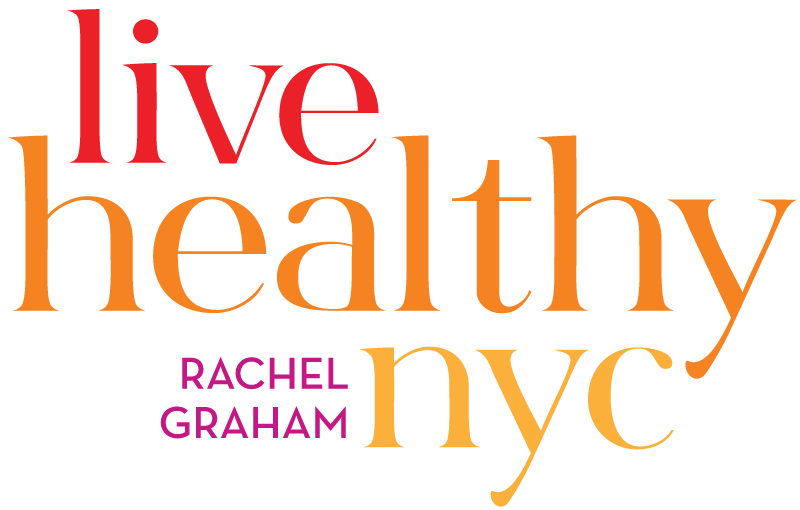The other day, a client shared with me that she felt out of control at a dinner she attended. She was upset with herself over the meal she ate. She recalled thinking, "I've already eaten poorly, so I might as well go all in, and tomorrow I'll eat clean”. She was really struggling with her feelings afterward.
We all have days when our eating habits don’t align with our goals or intentions. Maybe we overindulged, ate mindlessly, or veered off course from our usual routine. These "bad food days" are part of being human, and I believe that it's crucial to approach them with compassion rather than self-criticism. The key is to find a balanced approach that helps you recover without falling into the cycle of guilt, restriction, and overindulgence which can often lead to weight cycling.
How do we recover from a bad food day? It is important to recognize that one day of eating differently doesn't define your overall health or worth. It's a single moment in time, not a reflection of your character or discipline. Instead of berating yourself, take a moment to reflect on what might have led to the overindulgence. Were you stressed, tired, or emotionally triggered? Understanding the "why" can help you address the root cause rather than just the symptom. I get it, the natural reaction to a bad food day might be to compensate by restricting food intake the next day. One of the biggest challenges after a bad food day is avoiding the all-or-nothing mentality. This mindset can set you up for a cycle of deprivation and overeating. Restricting food often leads to increased cravings and the potential for another overindulgence, perpetuating the cycle.Think about what your body needs rather than what you should avoid. Instead of restricting, focus on nourishing your body with balanced meals. Choose foods that make you feel good and provide steady energy throughout the day. Returning to mindful eating is one of the most effective ways to recover from a bad food day. Slow down and eat with
intention and by tuning into these signals, you can make choices that support your well-being.
So, embrace the middle path: The middle path is about finding balance. It's recognizing that it's okay to enjoy food, even indulgent food, without swinging to extremes. It's about making choices that support your long-term well-being rather than seeking short-term fixes.
Recovering from a bad food day is about more than just getting back on track; it's about cultivating a mindset that supports balance and well-being. By avoiding the trap of weight cycling and embracing a middle path, you can maintain your sanity and continue progressing on your health journey. Remember, it's not about perfection—it's about progress, one mindful choice at a time.
As a licensed Clinical Behavioral Therapist and Intuitive Eating Counselor, I can help you integrate these practices into your life. If you're interested in working with me, feel free to reach out at rachel@livehealthynyc.com.





















